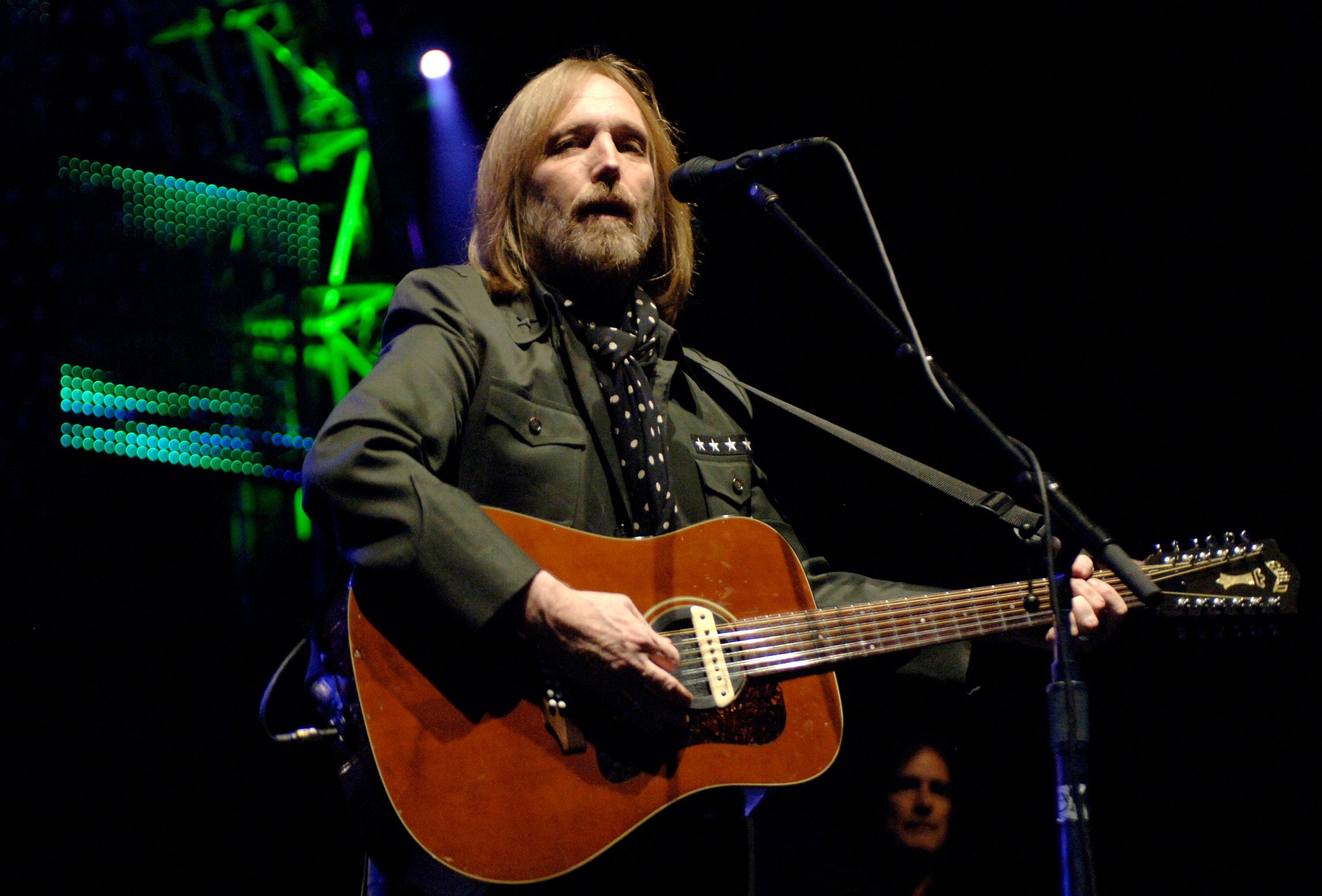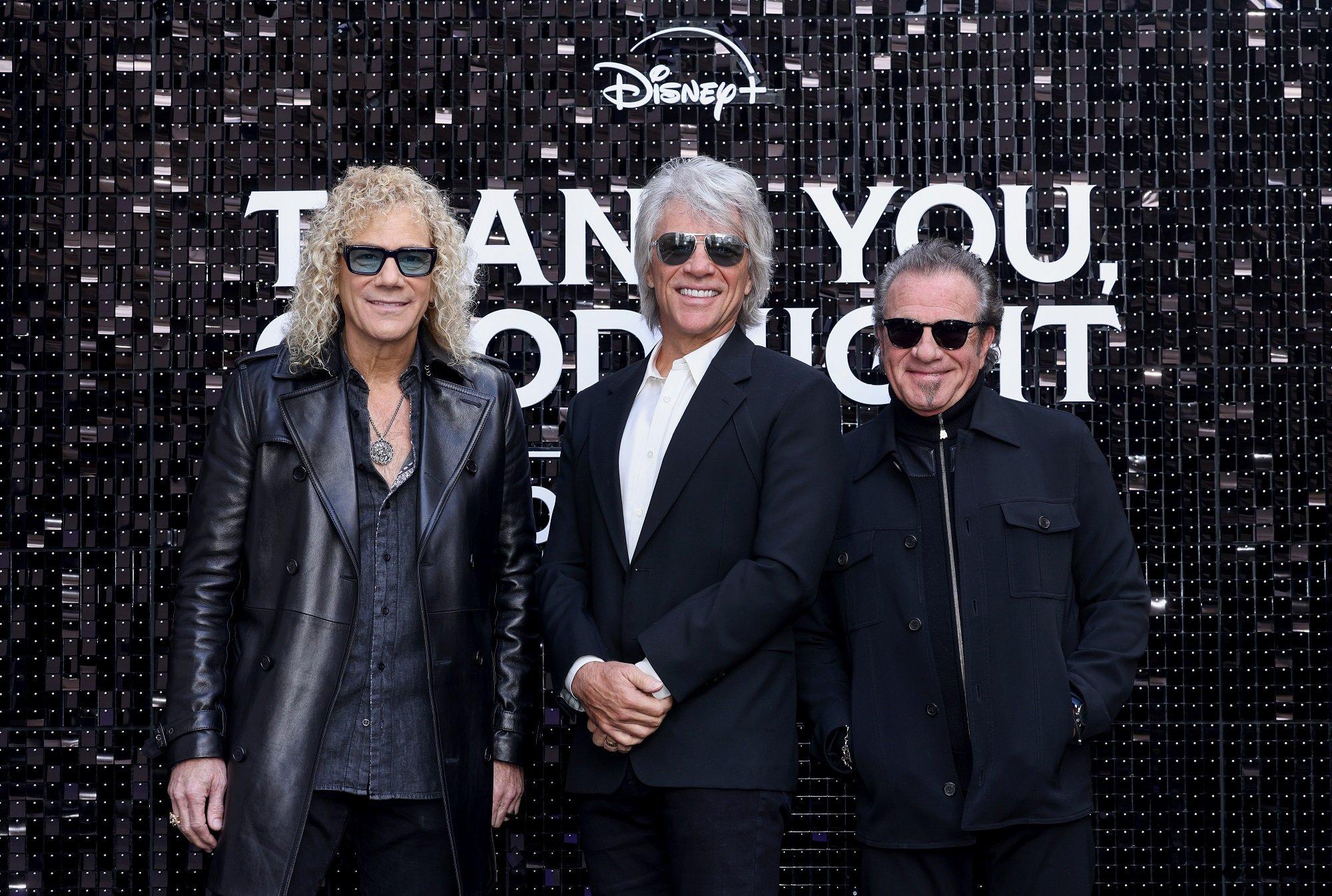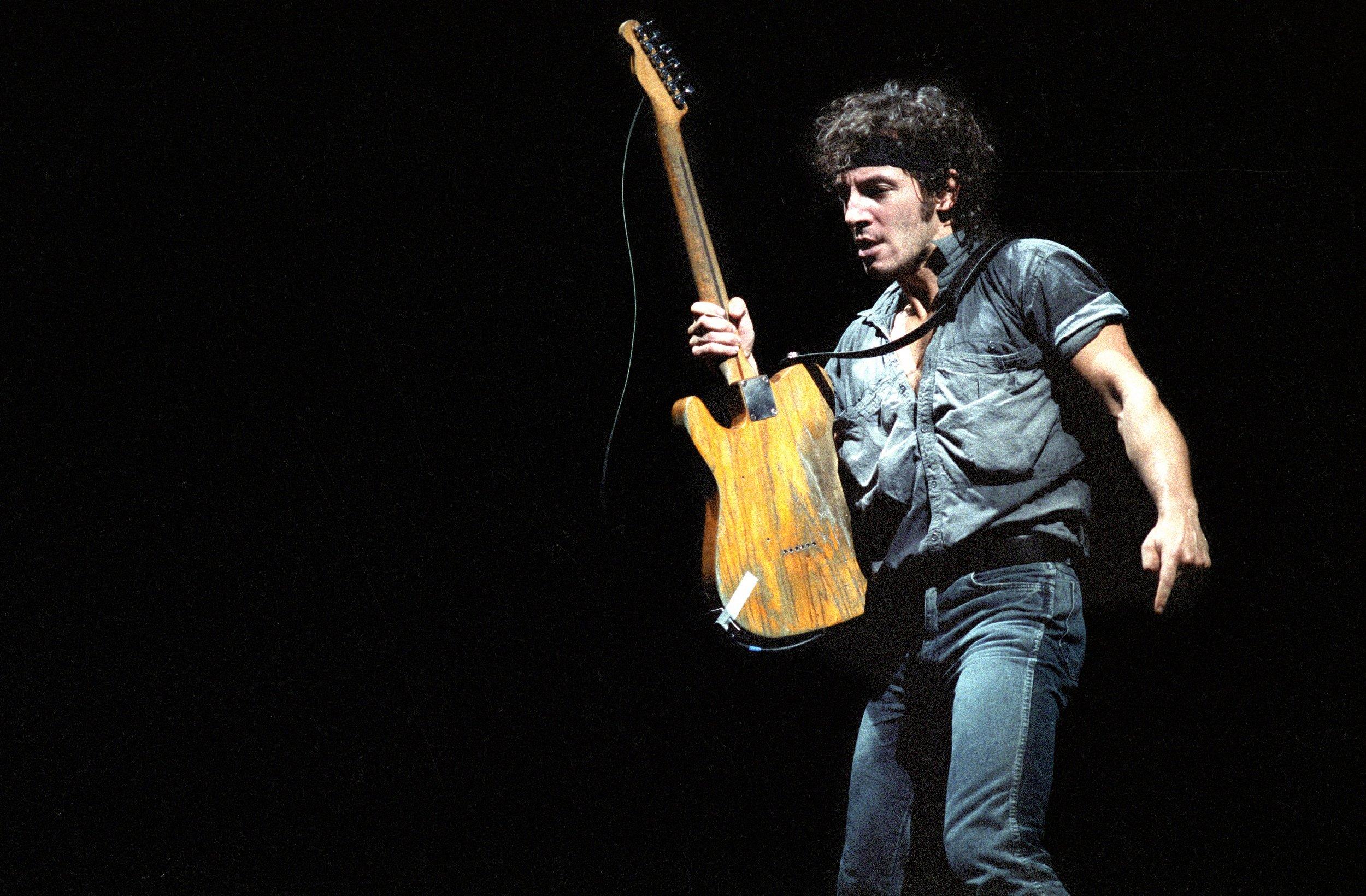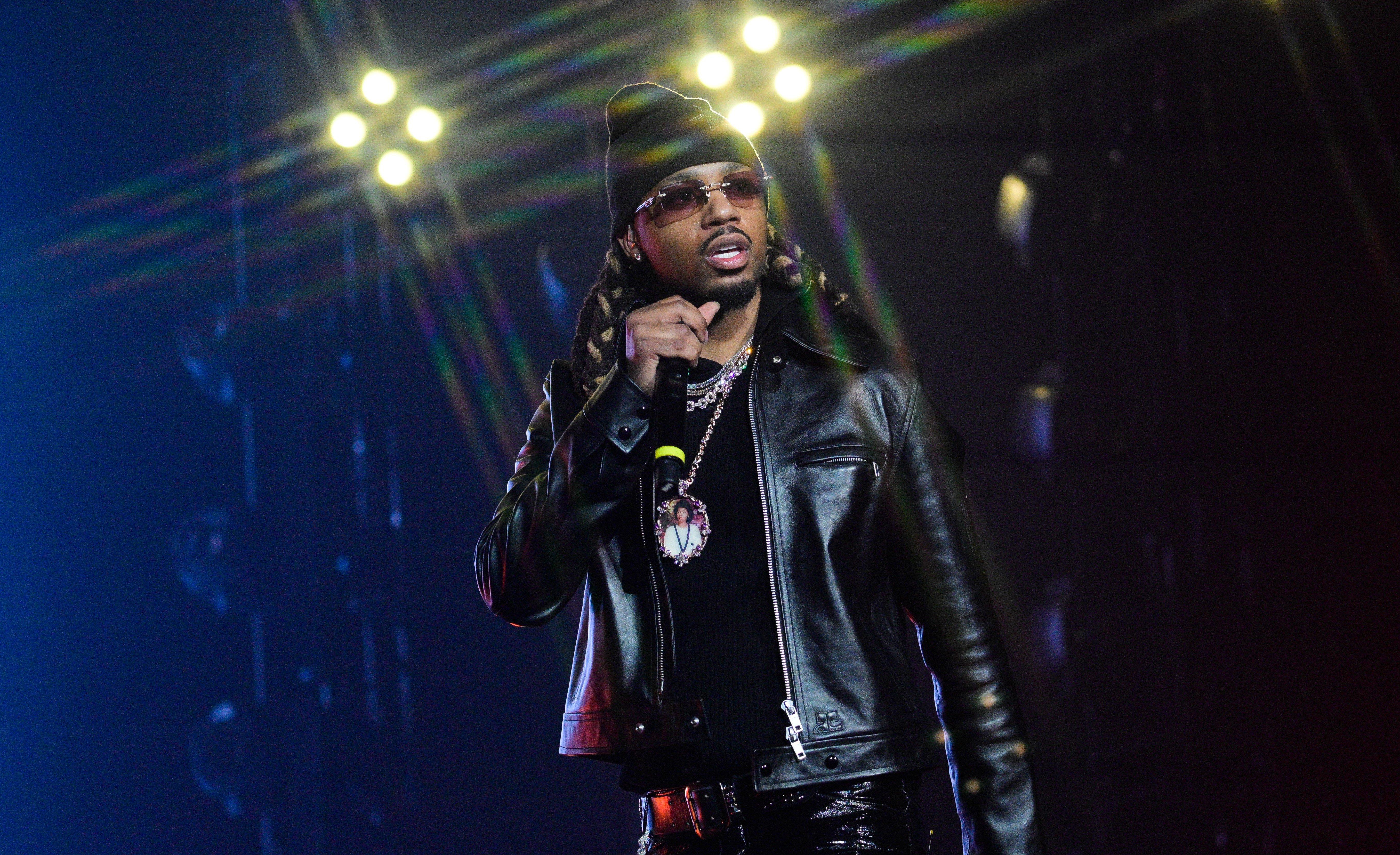More than 120 years ago thousands of New Yorkers marched from City Hall to Union Square, down 42nd Street and toward Wendel's Elm Park where they gathered for food, music and demonstrations in what was America's first Labor Day celebration. The idea for a workers' holiday is said to have emerged from the ranks of organized labor during a time when workers wished to demonstrate the strength of this burgeoning movement and advocate for improvements in working conditions.
Throughout the following decades, workers viewed the holiday as an opportunity to celebrate their accomplishments while fighting for better working conditions and salaries. These days, the first Monday in September is often associated less with union activities and protests, and instead with eating, socializing, sporting, and paying homage to summer's last hurrah.
So whether you're working on a dream, taking a break from your 9 to 5, or enjoying your mo' money, take it easy with this GRAMMY Labor Day playlist.
"9 To 5"
Dolly Parton, Best Country Song, 1981
Working 9 to 5 is enough to drive you crazy if you let it, according to Parton on this song, which was also the theme song to her acting debut in 9 To 5. The track, which Parton sings to the hardworking, coffee-drinking, traffic-sitting workers, became her first No. 1 single on the pop charts. Now that's a way to make a livin'.
"All I Wanna Do"
Sheryl Crow, Record Of The Year, 1994
This track, which includes lyrics from "Fun," a poem written by Wyn Cooper, is a snapshot of two people in a bar, drowning their sorrows and wishing for some fun. Are they lamenting their dead-end jobs? It's hard to tell, but let this be a cautionary tale: Go have some fun this Labor Day.
"Just Got Paid"
Johnny Kemp, Best Rhythm & Blues Song nominee, 1988
Now here's one of the true benefits of working: payday. Kemp, along with a slew of background movers and shakers, couldn't be happier that it's Friday night and he's just gotten paid. And just what does he plan to do with that paycheck? Apparently, "Party hoppin', feelin' right/Booties shakin', all around."
"Just Got Paid"
'N Sync, No Strings Attached, Best Pop Vocal Album nominee, 2000
The guys in this prolific boy band were also pretty thrilled to be getting paid. So thrilled that they recorded a cover of the Kemp original. The track appeared on the group's second release, No Strings Attached, which reached No. 1 on the Billboard 200.
"Mo Money Mo Problems"
Notorious B.I.G. featuring Mase and Sean "Diddy" Combs, Best Rap Performance By A Duo Or Group nominee, 1997
Maybe making millions on the job isn't all it's cracked up to be. The late Notorious B.I.G. paints a clear picture of what it could be like to make too much money: "It's like the more money we come across/The more problems we see."
GRAMMY Labor Day Playlist
"Money For Nothing"
Dire Straits, Best Rock Performance By A Duo Or Group With Vocal, 1985
Released in 1985 on Brothers In Arms, which featured MTV star Sting, "Money For Nothing" is a parody of the "yo-yo's" seen playing guitar on MTV who are getting "money for nothin'" and "chicks for free." The name Dire Straits reveals that the band probably knew a thing or two about getting money for something, and getting nothing for free.
"Money Maker"
Ludacris featuring Pharrell, Best Rap Song, 2006
In this GRAMMY-winning track, Ludacris and Pharrell give what seems like very valuable advice for anyone who's looking for a job: "Shake your money maker like somebody 'bout to pay ya." Ludacris must have known what he was talking about because he shook it all the way to the top of the Billboard Hot 100.
"Take This Job And Shove It"
Johnny Paycheck, Best Country Vocal Performance, Male nominee, 1978
With a last name like Paycheck, this track might be the most appropriate addition to the list. Paycheck became a star in 1977 when this song inspired one-man "wildcat" strikes throughout America. The track reached No. 1 on Billboard's Country Singles chart but it sounds like Paycheck lost his own No. 1 in this song: "My woman done left me/And took all the reasons I was working for."
"Working Class Hero"
Green Day, Best Rock Performance By A Duo Or Group With Vocals nominee, 2007
This cover of the John Lennon original appeared on the charity album Instant Karma: The Amnesty International Campaign To Save Darfur. The song makes the working class something to aspire to ("A working class hero is something to be") and questions society's ideas of what we should hope to achieve ("When they've tortured and scared you for 20 odd years/Then they expect you to pick a career").
"Working On A Dream"
Bruce Springsteen, Best Solo Rock Vocal Performance, 2009
The Boss is inspiring on this GRAMMY-winning track that speaks to the benefits of hard work, pressing on and never giving up ("Though trouble can feel like it's here to stay/I'm working on a dream"). He can also be seen working on (or wrecking) a few other things in this video.
"Started From The Bottom"
Drake, Best Rap Performance nominee, 2013
It may be hard to believe him when he raps about "working all night" and "traffic on the way home," but Drake started from the bottom and now he's here, earning "half a million for a show" and a GRAMMY winner to boot. If that's not the definition of the American dream we don't know what is.
What track will help you celebrate and have some fun on this Labor Day? Drop us a comment and let us know.




